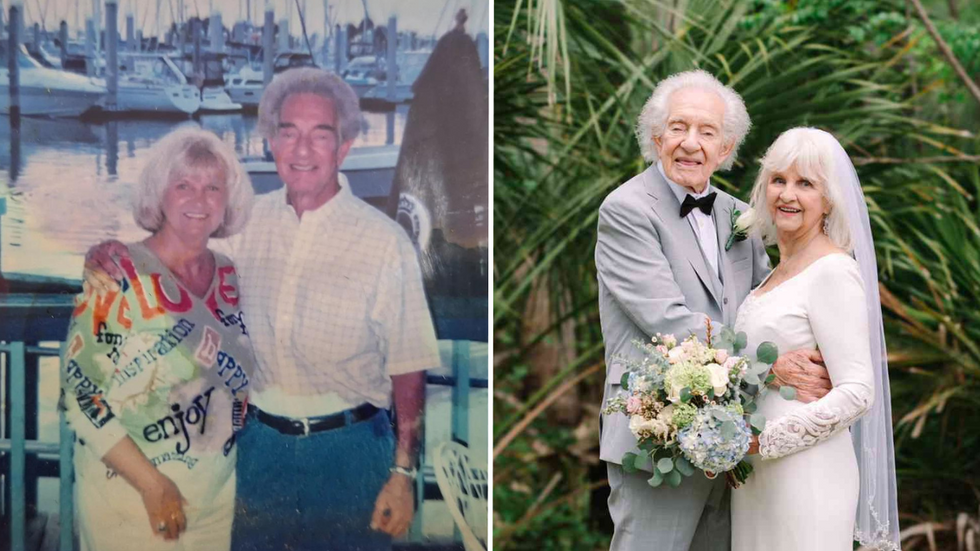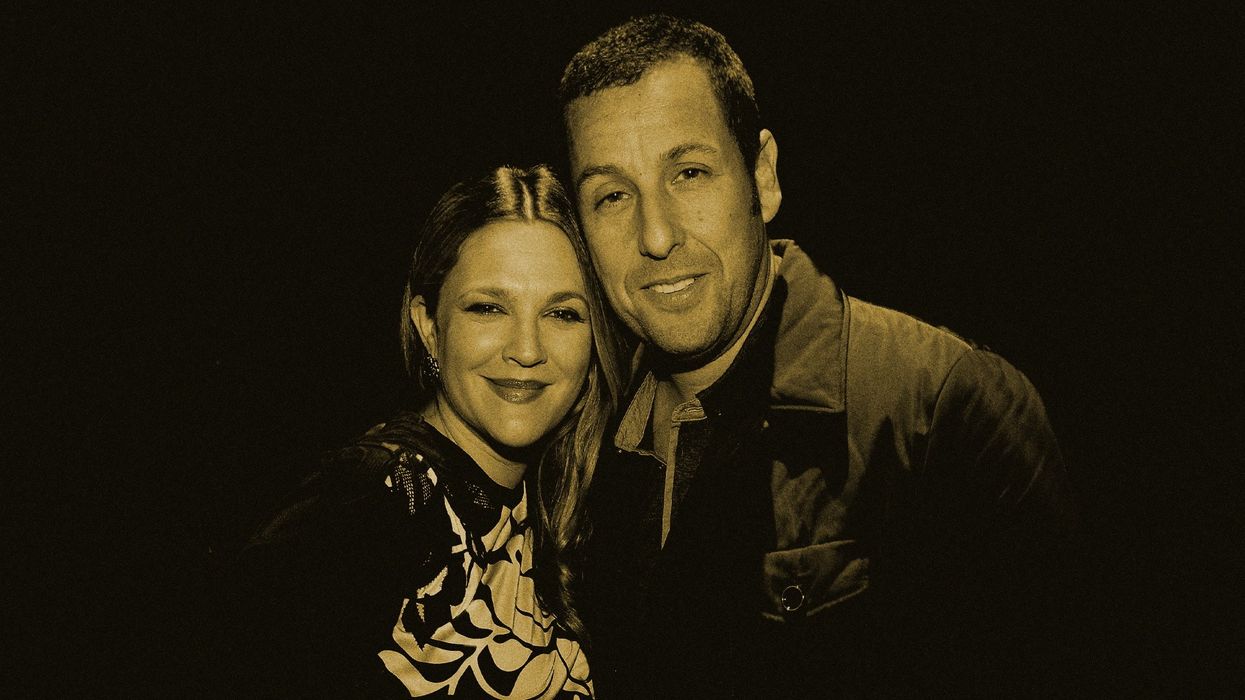
3 Qualities to Guide Successful Relationships of Any Kind
A healthy relationship. It’s one of the most difficult things in the world to accomplish.
From maintaining clear communication and navigating a constantly shifting stream of emotions in both yourself and others, to dealing with the inevitable problems that arise when goals and desires conflict. It’s hard, to say the least, to maintain a healthy relationship.
Sometimes, there’s just nothing you can do. Ultimately, both people need to be willing to do the work necessary if you want a happy and healthy relationship, be it between spouses, a parent and their child, or friends.
However, if both people love each other and are willing to put in the work necessary to nurture the relationship, it will continue to grow and strengthen until it becomes something truly beautiful to see and experience. But what does it really take to do that? And how can we develop this ourselves?
3 Qualities to Guide Successful Relationships of Any Kind
If civilization is to survive, we must cultivate the science of human relationships -- the ability of all peoples, of all kinds, to live together, in the same world at peace.– Franklin D. Roosevelt
Over the past several years, I’ve learned a lot about what it takes to nurture and maintain healthy relationships.
And since that time, I’ve identified three key qualities that form the foundation of any great relationship between people of all kinds, whether a personal relationship or in interactions between strangers or fellow professionals.
They’re qualities I teach my children and, taken together, some of the most important lessons I’ve learned in life. If used skillfully, these three qualities can help guide every personal interaction in a way that is healthy and sustainable. And the first is compassion.
1. Compassion
Compassion completely changes how we respond when interacting with others. It’s interesting and scary to know how varied our response can be to a situation, but the truth is in any given situation there is a forgiving and understanding way to respond and an angry and impatient way as well. And which we choose typically dictates the direction of a relationship.
When compassion is involved, forgiveness is always possible because we deeply understand the other person and can feel their pain. It doesn’t mean we let ourselves be taken advantage of, it simply means we’re as forgiving with the other person as we would be forgiving of ourselves, something which is usually very lopsided in our favor.
How to cultivate it:
The old adage, “put yourself in someone else’s shoes”, was sound advice. The mental exercise of imagining what it would be like actually be in someone else’s situation helps us cultivate compassion for another very effectively.
Even if you don’t know exactly why someone reacted the way they did, if you brainstorm and come up with several possibilities, you immediately feel a greater sense of compassion towards them.
2. Presence
Presence is the master tool you wield when interacting with others. Think of it as a sort of magic power that has the ability to create a loving connection between two people. When you’re fully present for someone else, you can better feel what they feel and pick up on little cues, such as the movement of the body or a look, that help you better navigate interactions.
But, most importantly, when you’re fully present for someone they feel like you care. Being fully present for someone more often is the single most important thing you can do to nurture any relationship.
This doesn’t have to be intimate love, though, it can even help nurture your professional relationships as well. When a colleague is expressing an idea or you’re communicating something to a team member, being fully present for them, listening closely, and letting them know you’re there for them helps cultivate a stronger bond and healthier pathway for communication.
How to cultivate it:
Presence is all about being physically and mentally there for another, so all it takes is practice. The easiest way to practice this is to do it with a loved one you live with such as your spouse, child, or friend if they’re your roommate.
Take an hour to sit down or do something with them and be fully present for them from beginning to end. Listen to what they have to say, pay attention to how they respond, and ask if there’s anything they need from you. The more you practice being present for others, the better you get at it.
3. Loving-Kindness
Loving-kindness is a Buddhist term which simply means kindness or caring in action. It’s not just about a feeling, or caring about another, it’s the manifestation of that caring. When you truly care about another you take action to help nurture and take care of them.
Loving-kindness forms the foundation for trust. When we truly care about the other person, whether we really love them or not (as in the case of a professional relationship), we act in a way that serves and nurtures them. If you were to cultivate any of these three qualities, this would likely be the most important.
How to cultivate it:
Loving-kindness doesn’t come naturally to all of us, especially for professional relationships where love isn’t involved. Luckily, there’s a very effective exercise for cultivating loving-kindness towards anyone and it’s called loving-kindness meditation.
This meditation practice can be done in a matter of minutes and it’s one of the easiest and most rewarding forms of meditation I’ve ever practiced. Do this for a few minutes a day and watch as your daily interactions begin to transform.
And as a side note, keep in mind that none of these qualities will make you “softer”. They‘re not going to kill your “edge” and dampen your potential for success and accomplishment. This is a common worry among the hyper-ambitious (I consider myself among this group), but it’s a misplaced worry.
If anything, these qualities will make your interactions with others ten times more effective and that will help you build connections and nurture those relationships far more effectively than you could ever have done without them.
Building and maintaining successful relationships isn’t easy, but with the power of compassion, presence, and loving-kindness you have the master tools necessary to transform your interaction with others and nurture the most important connections in your life.
































